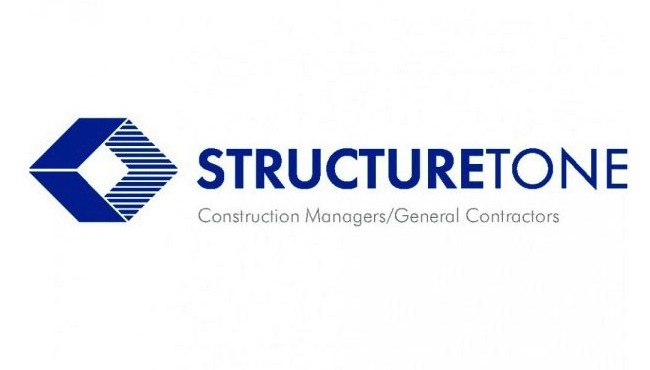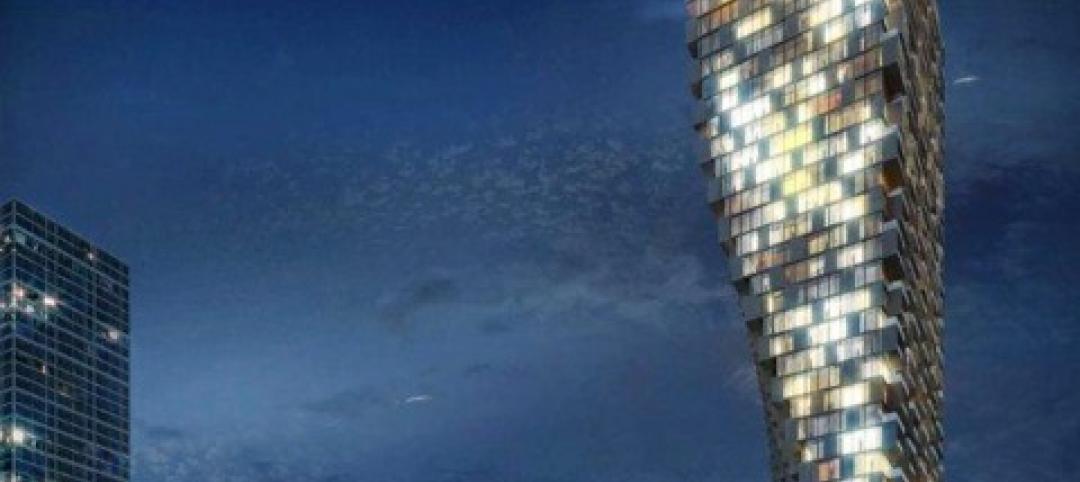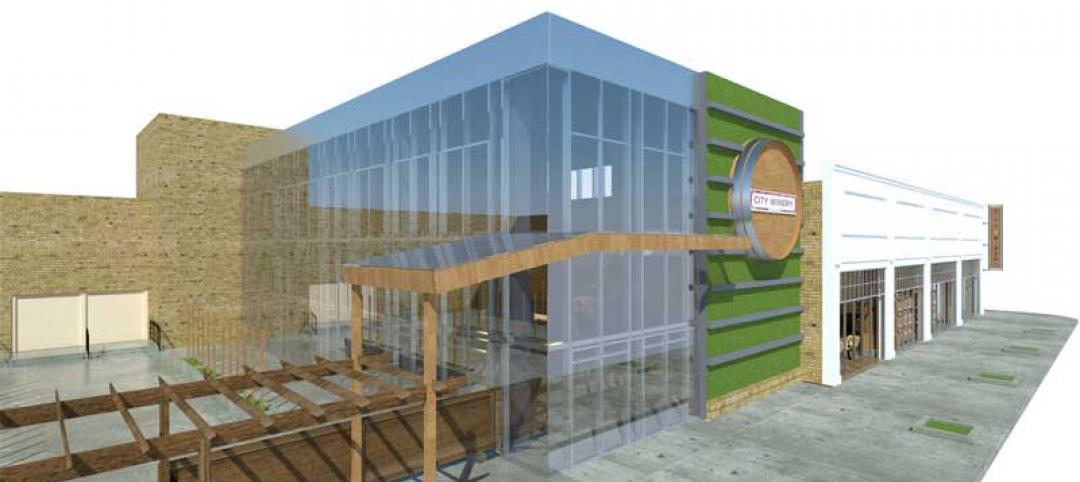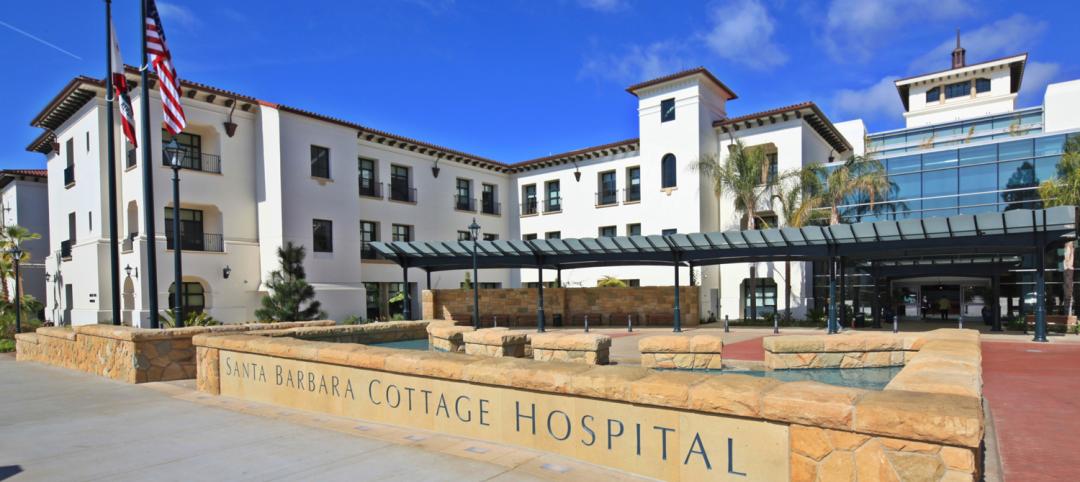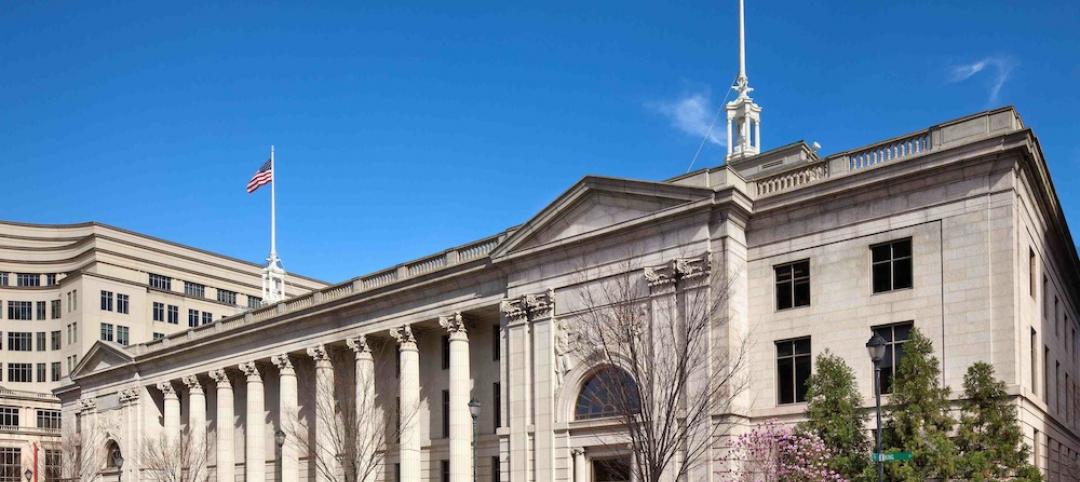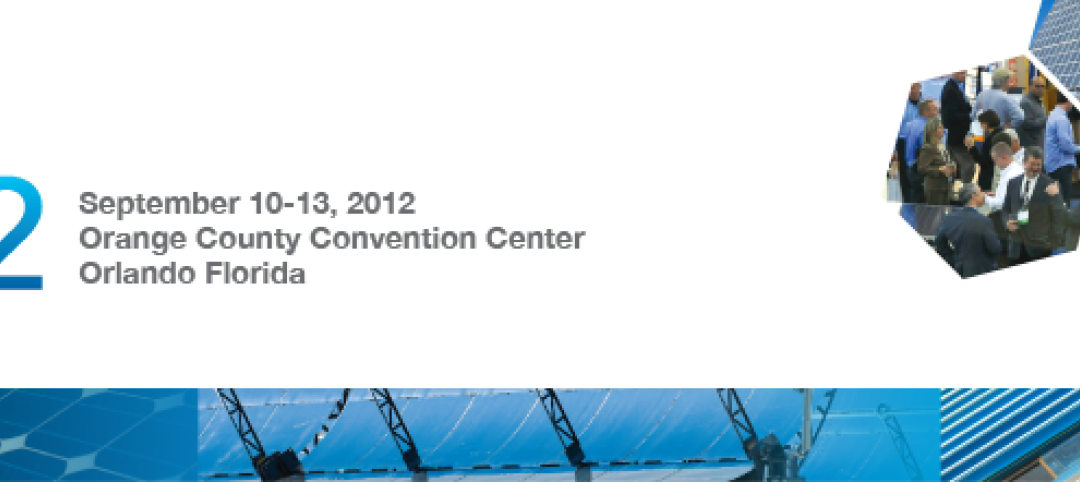Structure Tone, a global construction services firm with annual revenues of over $3 billion, will pay a $55 million forfeiture after pleading guilty to felony charges. The lawsuit in the State Supreme Court, in Manhattan, alleged that the New York-based firm had its subcontractors, including electrical, drywall, and plumbing subs, inflate bills for the company's clients. The work in question included jobs for Bank of America, Moody's, Proskauer Rose, Bloomberg, and other customers from 2005 to 2009.
A report in the New York Times indicates that Structure Tone pled guilty to one count of falsifying business records in the first degree, a felony. David Szuchman, the chief of investigations for the district attorney, says Structure Tone became aware of the investigation in 2010 and put new safeguards in place; Szuchman's office continues to monitor the firm's business records and will do so for three years.
When functioning as a CM, Structure Tone asked subs to put unnecessary contingencies in an addendum called "Rider B," which was unknown to Structure Tone's clients. Execs also asked for discounts from subs on lump sum contracts, when the firm was working as a GC.
The company issued a statement as follows:
“The record-keeping issues, which form the basis of this agreement, date back to the period 2005 to 2009, and we have fully cooperated with authorities from the beginning. The financial position of our company — which generates $3 billion annually in revenue — continues to be strong. Long before this process began, we strengthened our compliance protocols to improve transparency.”
Related Stories
| Apr 23, 2012
Innovative engineering behind BIG’s Vancouver Tower
Buro Happold’s structural design supports the top-heavy, complex building in a high seismic zone; engineers are using BIM technology to design a concrete structure with post-tensioned walls.
| Apr 23, 2012
AAMA releases updated specification for anodized aluminum
AAMA 611-12 describes test procedures and requirements for high performance (Class I) and commercial (Class II) architectural quality aluminum oxide coatings applied to aluminum extrusions and panels for architectural products.
| Apr 23, 2012
Thornton Tomasetti project wins AISC Merit Award
Thornton Tomasetti provided structural design services through construction administration to architect HOK for the 1.6-million-sf tower and tiara structure, which comprises 15 steel tube arches spanning approximately 158 feet horizontally and 130 feet vertically from the top of the main building roof.
| Apr 23, 2012
Construction underway on City Winery Chicago
The Building Team is maintaining the old brick and timber construction, while adding 5,000-sf of new construction in the form of a two-story addition within the site’s existing courtyard.
| Apr 20, 2012
McCarthy completes Santa Barbara Cottage Hospital Replacement Facility
The new hospital’s architectural design combines traditional Santa Barbara Spanish colonial architecture with 21st century medical conveniences highlighted by a therapeutic and sustainable atmosphere.
| Apr 20, 2012
Century-old courthouse renovated for Delaware law firm offices
To account for future expansion, Francis Cauffman developed a plan to accommodate the addition of an 8-story tower to the building.
| Apr 20, 2012
RCMA and Oak Ridge National Laboratory to host International Roof Coatings Conference
The International Roof Coatings Conference will feature keynote speakers Marc LaFrance of the U.S. Department of Energy, and Art Rosenfeld of the Lawrence Berkeley National Laboratory.
| Apr 20, 2012
Shawmut completes Yard House Restaurant in Boston
12,000-sf restaurant marks new addition to Boston’s Fenway neighborhood.
| Apr 20, 2012
Registration open for Solar Power International 2012 in Orlando
President Bill Clinton to deliver keynote address at ?largest solar energy event in the Americas.
| Apr 19, 2012
The 10 mistakes most likely to get you sued
The California Chamber of Commerce has produced a white paper cataloging the top 10 mistakes most likely to get a company sued. While a few of the laws cited apply specifically to California, some of them are federal and may apply in your state.


